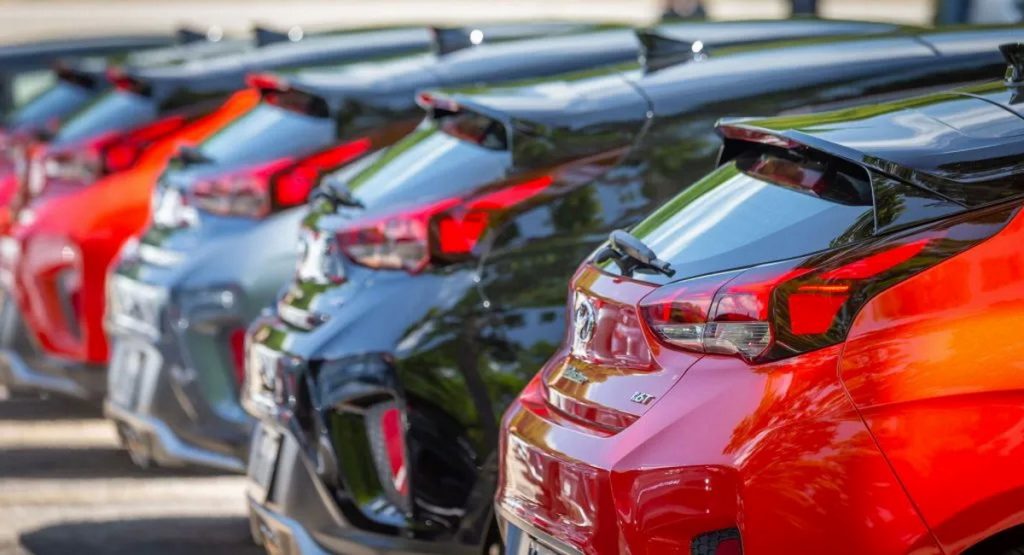Turkey’s special consumption tax for vehicles with an engine capacity of 1.6 liters has been raised from 60% to 80% according to a presidential decree published this past weekend.
Models with a capacity of more than 2.000 cubic centimeters saw their taxes go up from 100% to 130%, while costs for high segment cars will jump from 160%to 220%, as reported by Bloomberg. These hikes don’t apply to locally produced cars, only imports.
However, that doesn’t mean that domestic producers won’t struggle, seen as how they rely on imported goods too, said Erol Sahin, General Manager of automotive consultancy firm EBS. He also confirmed that “Turkey has once again the highest automobile taxes in the world.”
Related: VW Aborts Plan For New Plant In Turkey Amid Plunging Car Sales
Furthermore, lower-tier tax brackets increased by 15,000 TL ($2,000) and 10,000 TL ($1,360), with tax rates holding steady at 45% and 50% respectively, while VAT costs on all car purchases have remained unchanged at 18%.
These measures are part of a recent tax increase that Turkey has been planning since the beginning of the COVID-19 pandemic, hoping to discourage imports and support domestic industries.
The Turkish lira hasn’t been doing too great either, losing nearly 19% of its value year-to-date. On the flip side, car sales actually went up due to falling interest rates, surging 387.5% from July 2019 until the same period this year, reports the Daily Sabah. January-July numbers look pretty good too with a 60.3% spike (passenger car sales up 58.9% to 273,022 units).
Because of the stay at home orders and various lockdown measures, fewer new vehicle stocks have made their way into the market, which in turn led to more robust prices as far as used cars are concerned.




